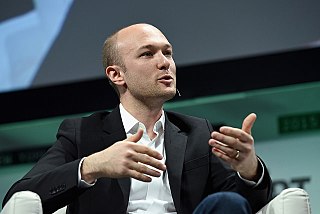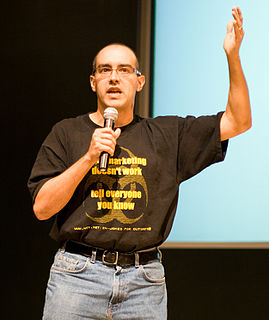A Quote by John Zimmer
When we first created the Lyft community, we wanted to make cities feel smaller and more connected by bringing people together through transportation. In 20 months since we launched, we've seen drivers and passengers redefine the true meaning of community through Lyft in countless ways.
Related Quotes
Eight out of 10 drivers prefer driving for Lyft. We'll keep delivering our message. We'll keep talking about how we want to push forward the future of transportation in a people-centric way, and the narrative has already changed dramatically in the past year, and will continue to change as we continue to tell our story.
























